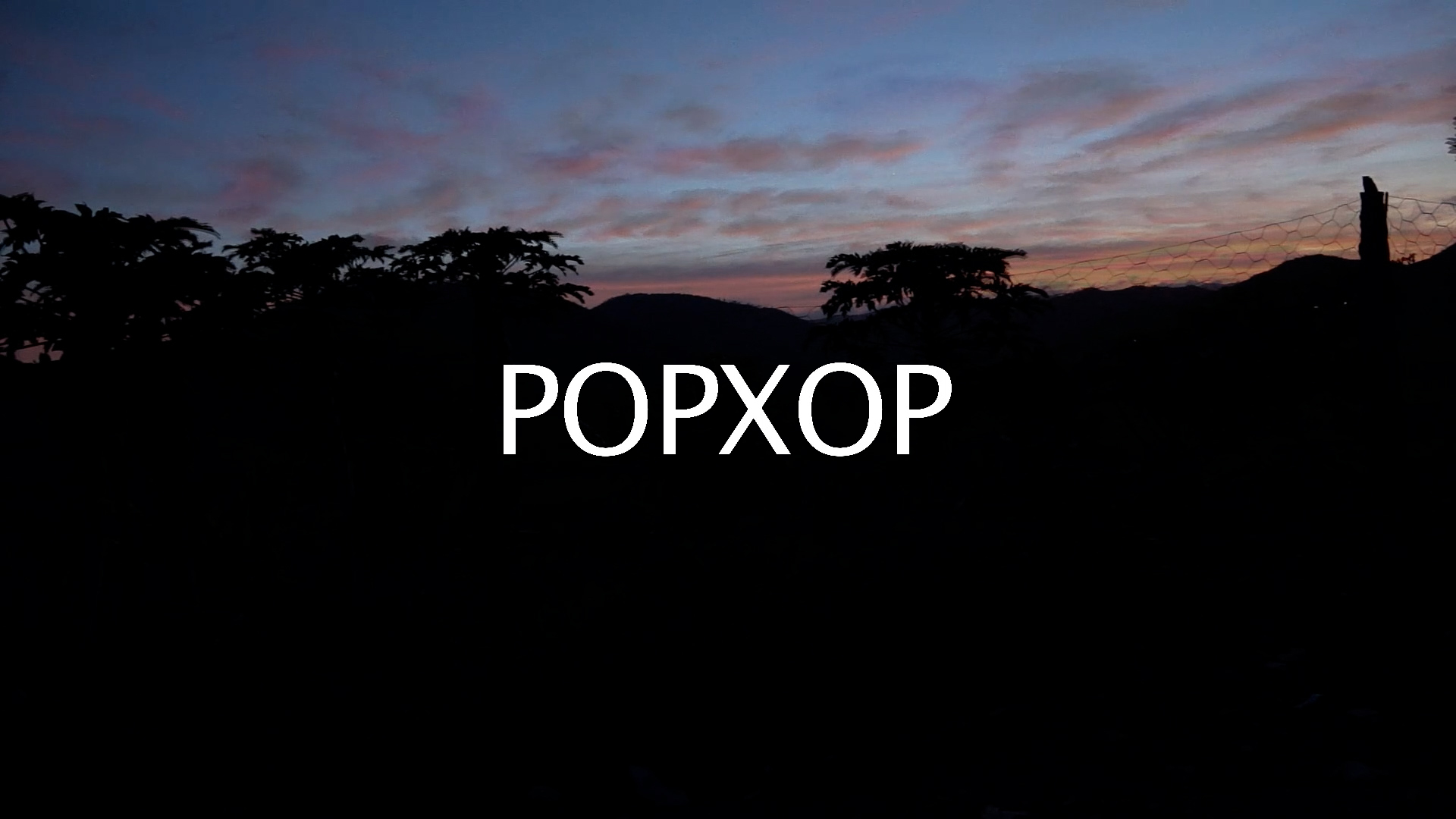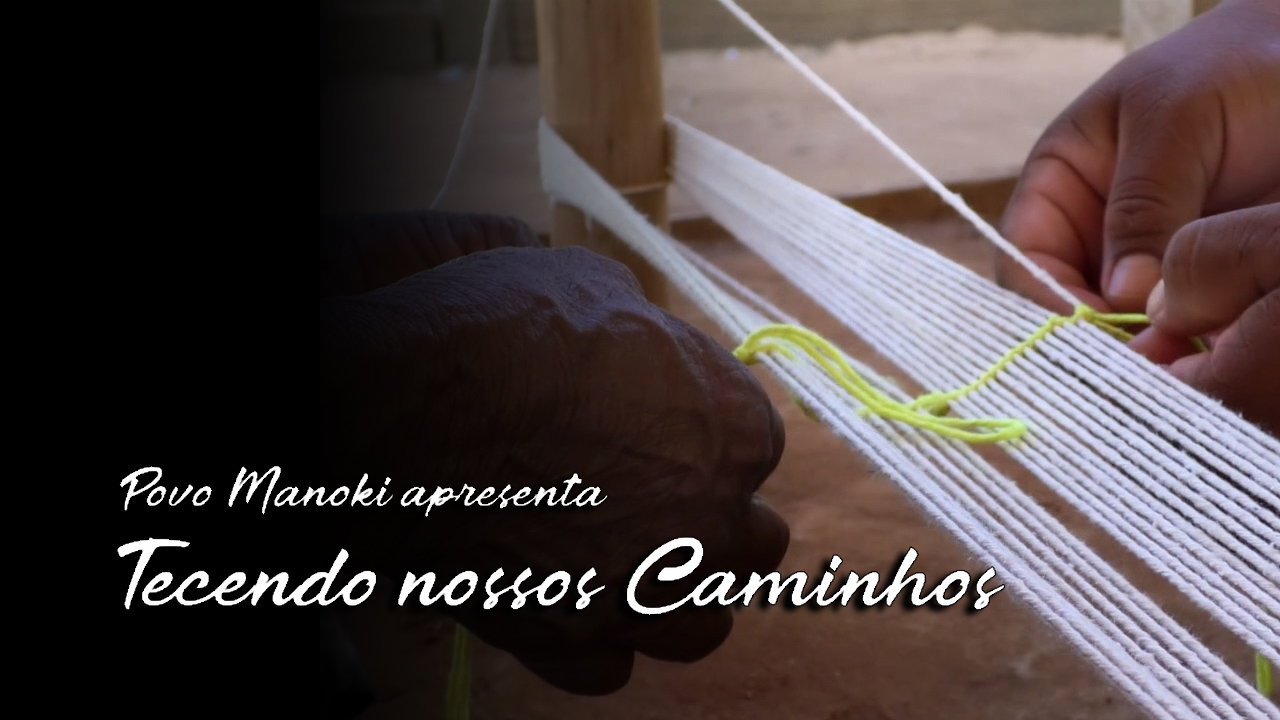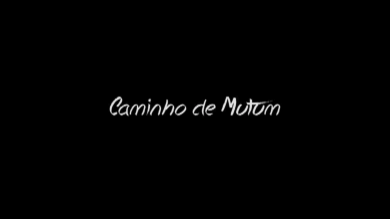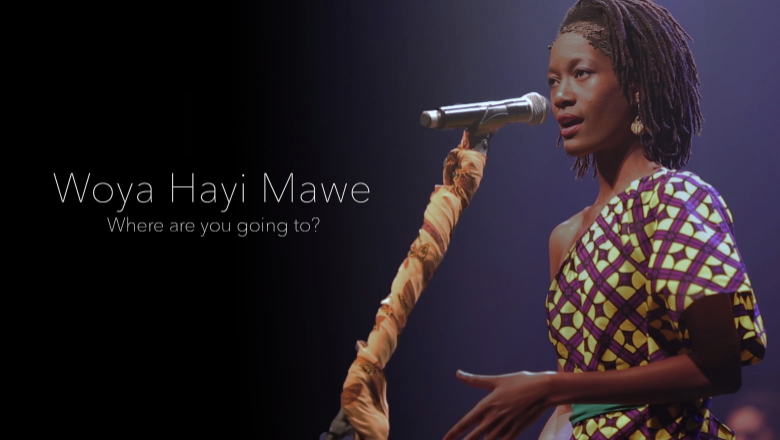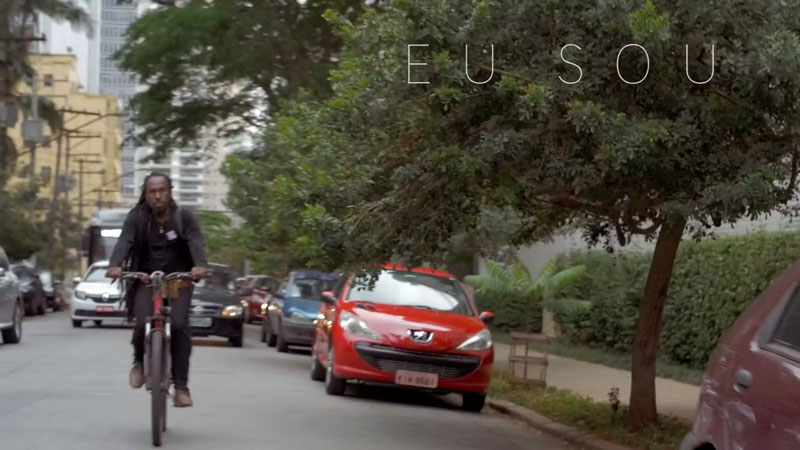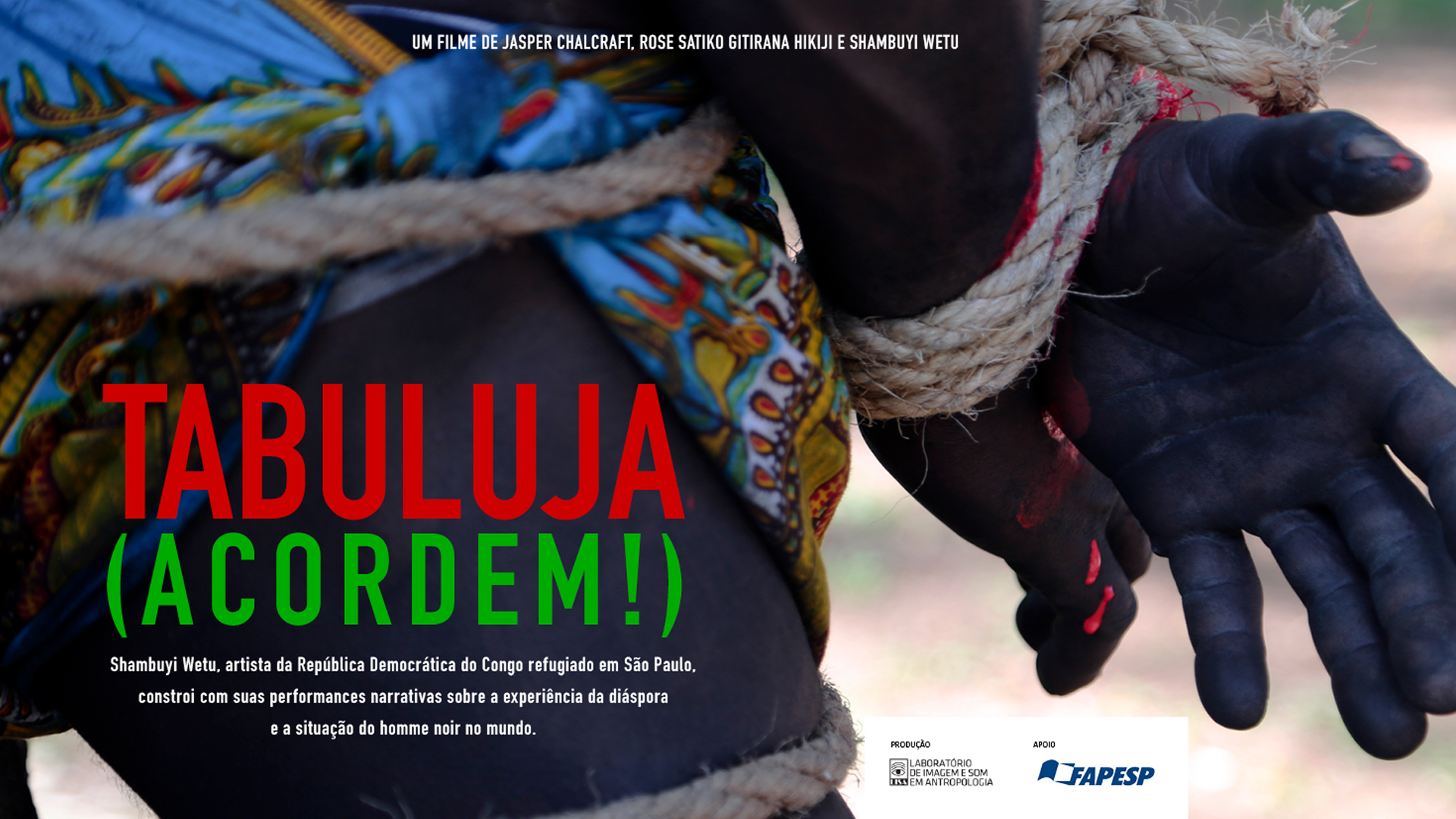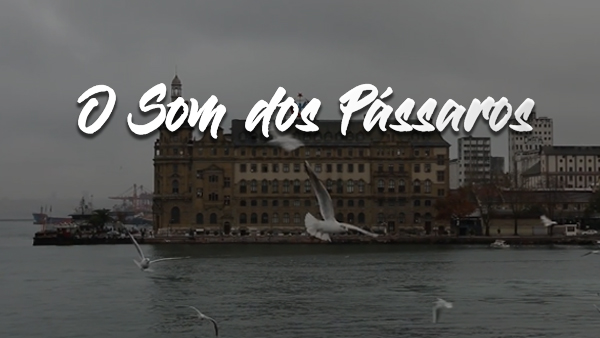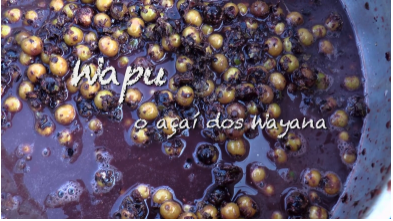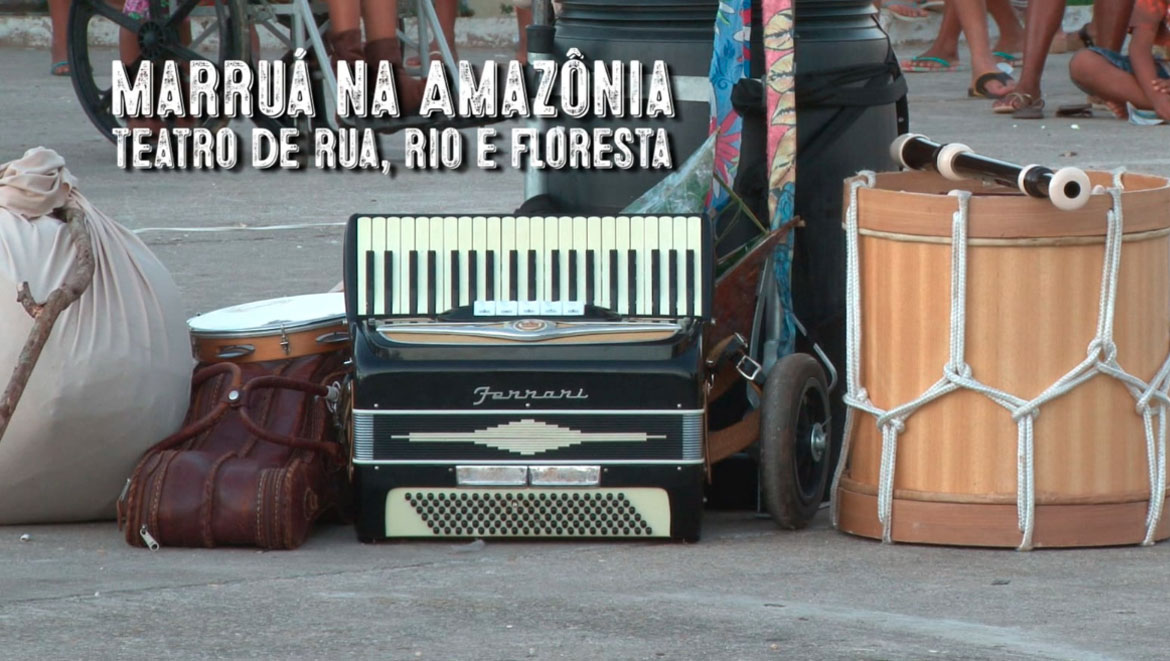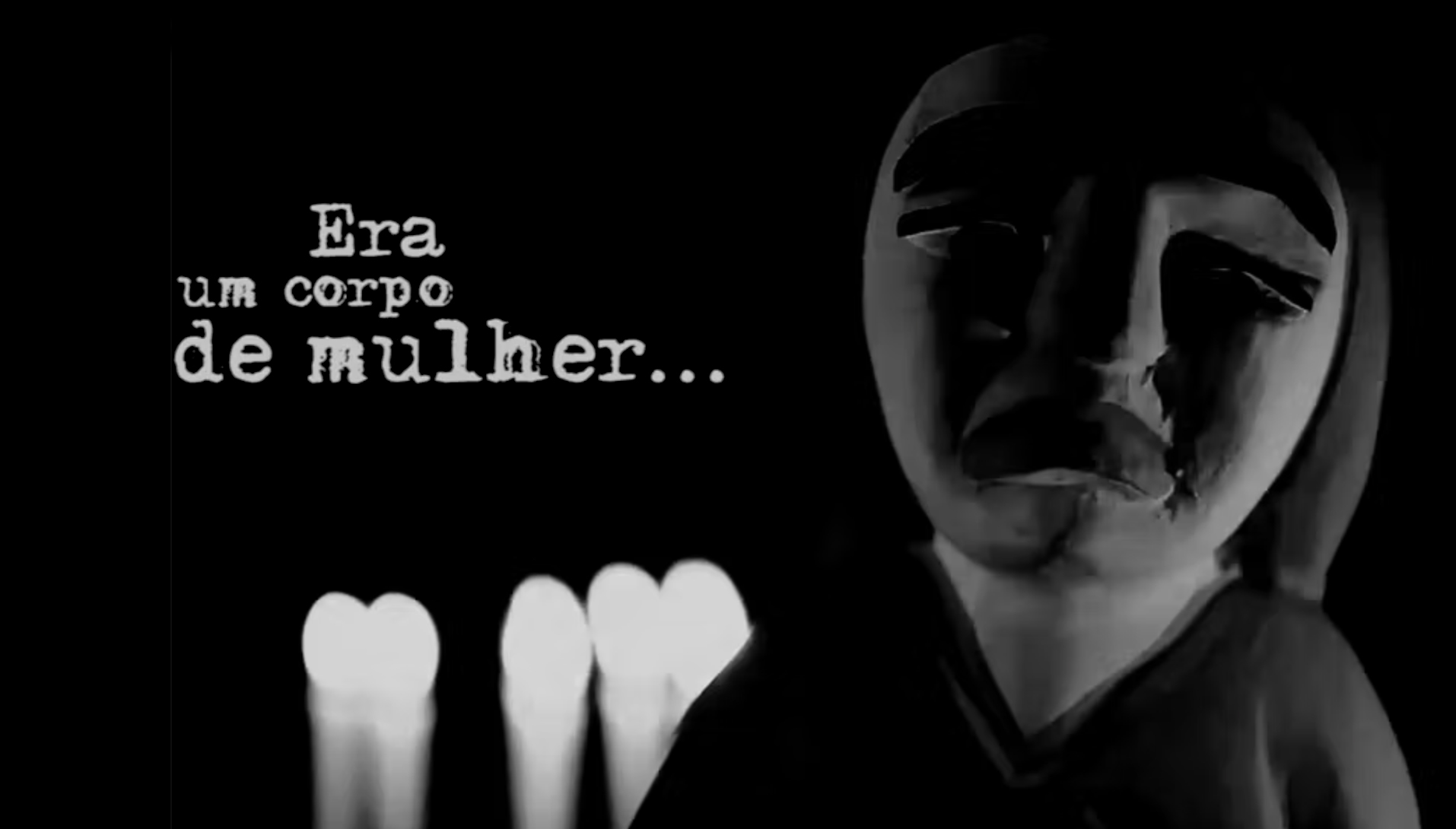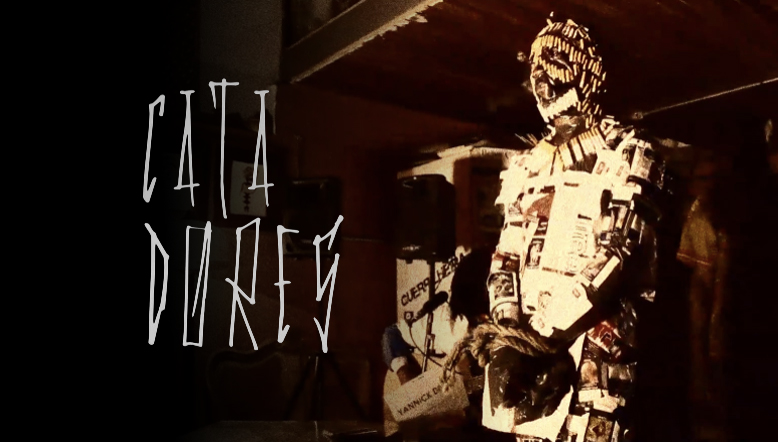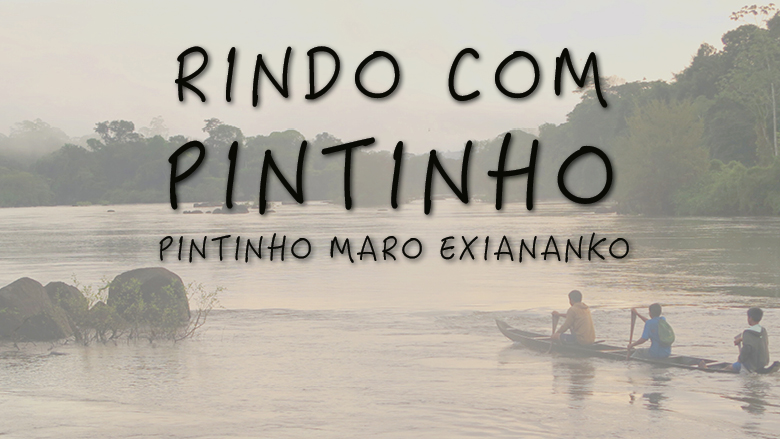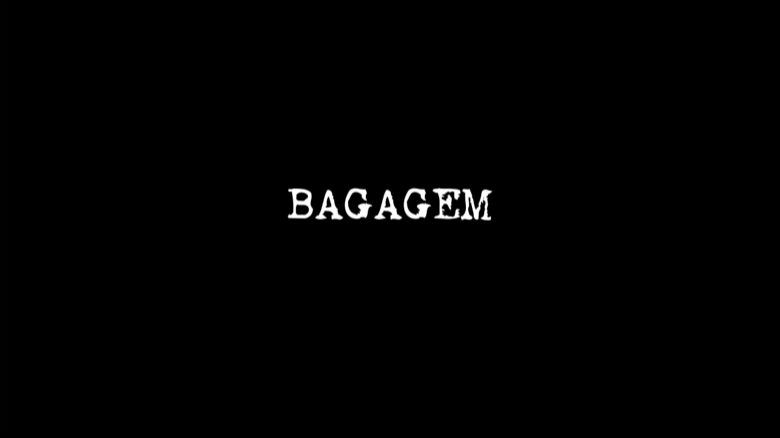Videos
The Popxop, Macacos-Yãmĩyxop (Po'op-Yãmĩyxop), are singing allies of the Tikmũ´ũn / Maxakali people, now residents of the Mucuri Valley, in Minas Gerais. Periodically, they come to the villages to spend a long period, which can last for a few months, to manage the homesickness of their mothers and fathers, male and female shamans Tikmũ'ũn / Maxakali. They sing the stories, secrets, paths and views of the Atlantic Forest, imitating and narrating songs from other groups of Yãmĩyxop, singing-enchanted beings who also accompany and protect the Tikmũ´ũn / Maxakali. Bringing knowledge and experiences of joy, they ensure the health of the community and celebrate shamanic encounters that cross territory and time.
Only six elders of the Manoki population in the Brazilian Amazon still speak their indigenous language, an imminent risk of losing this important dimension of their ways of existence. Decided to reclaim their language with the elders, the younger ones decide to narrate their challenges and desires in images and words. Based on the analogy with the fragility of cotton that becomes a strong wire to support the weight in the hammock, Marta Tipuici speaks about the resistance of her people, her relationship with her grandmother and her hope to speak their indigenous language again.
The Ticuna Indian Ondino Casimiro is a very unique person in his people. One of the great connoisseurs of the so-called Festa da Moça Nova, the ritual of female initiation. His fame as a singer took him far, performing in Manaus, São Paulo and even a tour in Italy. He knows like no one the basket weaving arts and is responsible for officiating the Catholic Mass on Sundays in the small chapel of the community. A dedicated teacher of the children of the community, every morning it is possible to hear him teaching in both languages, Ticuna and Portuguese. There is no doubt that Ondino is a erudite in his culture and a skilled translator of the white world for the Ticuna and vice versa.
Woya hayi mawe: where are you going to? These lyrics echo Mozambican musician Lenna Bahule’s explorations both in her birthplace - Maputo - and in her adopted home of São Paulo. From the stage to the urban outskirts, we see how Lenna deals with the difficulties of being a black female musician in both Brazil and Mozambique. The artistic world of São Paulo demands her Africanity, her African references, her roots. Yet in Mozambique Lenna is now known for her success in Brazil: she brings some of Brazil’s cultural power to the stage in Maputo. Returning to Mozambique, she rediscovers her home country with new eyes. Lenna meets and works with an inspirational new generation of Maputo-based musicians, who she involves in the production of a show in Maputo’s Centro Cultural Franco-Moçambicano. From this major cultural institution, to her grandmother’s farm and a social project in Maputo’s outskirts, we see Lenna and the Maputo artivists investigating Mozambique’s traditional and popular musics and discovering new musical and activist routes. Navigating between activism and the stage, between an imagined ‘Africa’ that Brazil demands of her, and a Brazilian cosmopolitanism São Paulo has given her, Lenna discovers - in a traditional Chopi song that travels - that her musical roots were even more powerful than she imagined.
Chaos and tranquility. Material and spiritual. Felinto transcends these universes by proposing, through music, introspection through the beauty of sound frequencies.
In this film, directed by Renato Albuquerque de Oliveira as a result of his scientific initiation research, supervised by Rose Satiko Gitirana Hikiji and produced through the extension course “Documentário de Criação”, taught by Carolina Caffe, we see Felinto's ideas about how the agency of music can influence the psychic and spiritual states of the human being, as a way of opposing the chaotic rhythm of São Paulo. Music, as this performer suggests, would be something like a river that flows in the opposite direction to the river that is the ethos of the city where he lives, functioning as a therapeutic tool against the anxiety generated by the way of life that unfolds there.
In his performances Shambuyi Wetu, an artist from the Democratic Republic of Congo and a refugee in São Paulo, constructs narratives about the diaspora experience and the situation of l’homme noir in the world. Part of the Afro-Sampas collection, the film Tabuluja is a collaboration between the artist and the anthropologists Rose Satiko Hikiji and Jasper Chalcraft. The research and filming explores the experiences of African musicians, dancers and artists currently residing in São Paulo, and is part of the project “Being/Becoming African in Brazil: migrating musics and heritages”
afrosampas afro-sampas afro.sampas
An experimental film, a field diary in audiovisual format. The sound of birds is part of the doctoral research of Kelen Pessuto, who carried out his fieldwork in Turkey in 2004. The film is marked by loneliness, meetings, misunderstandings, Syrian children, the Kurds and Dengbêj, one of the major cultural manifestations of the Kurdish people, who use singing as a means of transmitting Kurdish language and stories.
Wapu, açaí in the wayana language, is a native fruit of the Amazon.The film's main character is this fruit and shows how everyday, ritual and music are intertwined in the past and present. The images and sounds of this video were captured by young Wayana group in July 2015 in the Suwi-suwi mïn village, Rio Paru d'Este Indigenous Land (Pará, Brazil). During this period audiovisual workshops were held so that they had the first contact with the recording equipment.
Performing street theater, a group of young artists travels at the Amazonian rainforest creating encounters and dances. Playing the siriri, cururu, coco, ciranda and boi the Grupo Teatral Parlendas invites the people to the square. With the play Marruá, they rescue and provoke the recount of the history of Brazilian's that live in territories of resistance and fight. Through these paths, the theater braids with the ritual and the party.
With Nassuradine Adamou.
Documentary-fiction that recounts and interweaves a series of journeys from historical and contemporary figures across Egypt, Senegal and Brazil.
"He needs to preserve his life". The phrase echoes the tragedy of those who need to seek refuge. A silent figure on the stage, covered in coltan, bloody cell phones glued to his body; a distant war, for refugees so close.
Performance "No to the war in Congo", at the 1st International Refugee Day Festival, June 19, 2016, São Paulo.
afrosampas afro-sampas afro.sampas
The essay “It was a woman's body”, by Ewelter Rocha, consists of an audiovisual ethnographic writing experience, having been conceived under the auspices of this presumption. In this perspective, we developed a narrative in which sounds, images, texts and speeches intertwine in the construction of a montage that favors intermingling in the same support the evocation of an ethnographic experience and the artistic production that represents its main protagonists. In this case, focusing on the wooden sculptures and clay pieces that depict the butts of Juazeiro do Norte - CE. The essay is based on a twelve-year research that we developed in the hinterland of Cariri Ceará, a region located in the south of Ceará. This essay is part of GIS n.1 - Gesture, image and sound. Anthropology Journal of the University of São Paulo, published in June 2016: revista.usp.br/gis .
Performer Shambuyi Wetu could have written (inconsistently in conscience): "Brazil country of hunger". I live in a small, damp room, a real achievement!
I walk between the prison's cigarrette butts, in the scandalous silence of the unconscious.
I take pains to process them and convert them to smoke.
Refugee from the danger of not being, I multiply around the world.
I live in São Congo, neither Paulo nor Congo.
Civil construction? My daily bread. For how long?"
afrosampas afro-sampas afro.sampas
This short film, filmed by young pals during a video workshop, is the result of an exercise of recording a day in the life of the character Pintinho (Setina Apalai). The irreverent protagonist invites young apprentices and spectators to accompany their day in the village Bona (TI Indigenous Park of Tumucumaque, Pará). Held between June and July 2015, these films were the first contact of these young people with a video camera.
The country receives the immigrant's body, not his luggage. Performance by Shambuyi Wetu at the VII World Social Forum on Migration, July 10, 2016, São Paulo.
afrosampas afro-sampas afro.sampas


